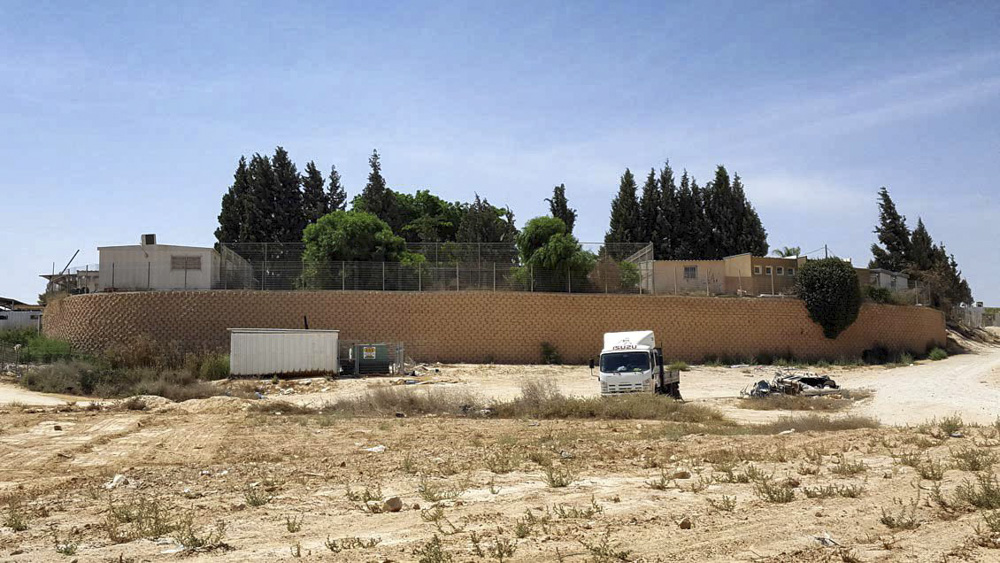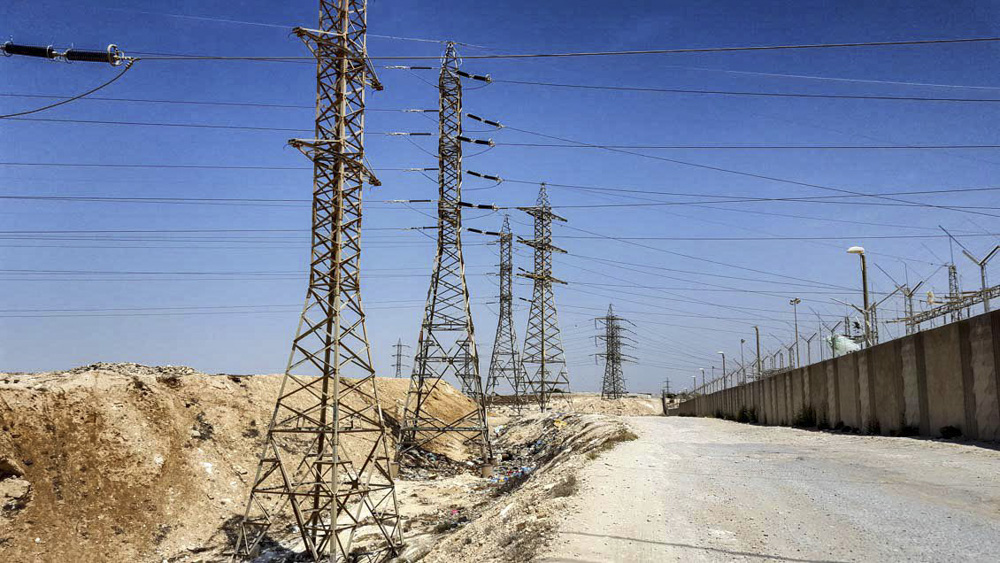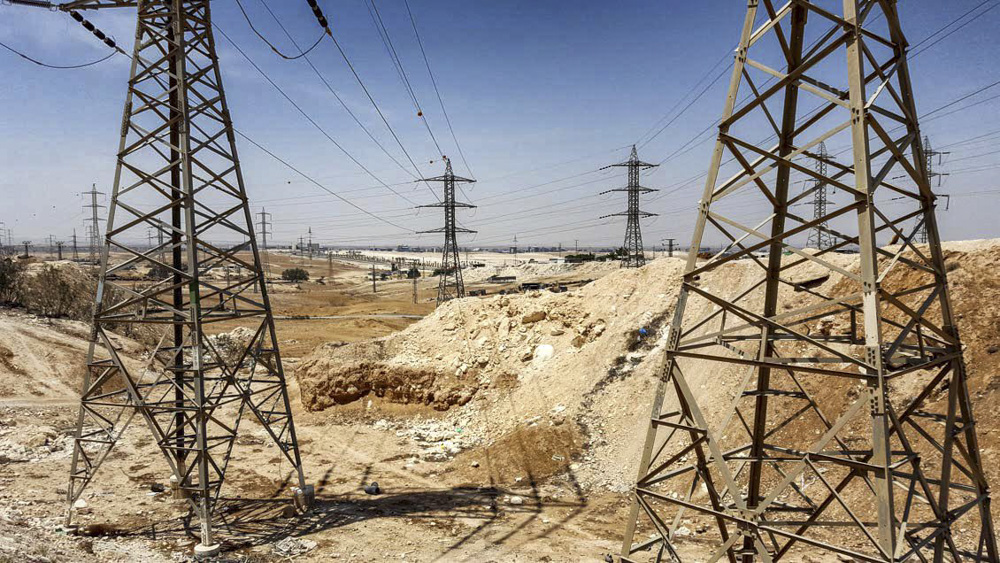Adalah demands Israel connect schools in Bedouin village to national electrical grid
Adalah – The Legal Center for Arab Minority Rights in Israel is demanding that the Israeli Education Ministry connect schools in a Bedouin village in the Naqab Desert region to the national electrical grid.
Adalah sent a letter on 6 September 2017, on behalf of the Wadi el-Na'am parents committee and the local village council, to senior Israeli officials demanding they connect all the schools and kindergartens in the unrecognized Bedouin village to the national grid. Some 3,000 children study in the Wadi el-Na'am schools, which are currently powered by diesel generators.

A school in Wadi el-Na’am powered by a diesel generator (lower left), seen in mid-2017. (Photo by Mati Milstein)
The letter was sent to the Education Ministry's Southern District Director Amira Haim, Israel Electric Corporation CEO Eli Glickman, the Interior Ministry's Southern District Director Avi Heller, and to Neve Midbar Regional Council head Ibrahim Elhawashli.
Adalah Attorney Sawsan Zaher wrote in the letter that the state's failure to connect Wadi el-Na'am schools to the electrical grid raises grave educational and safety concerns.
"The diesel deliveries take place during the school day when students and staff are all onsite, which undoubtedly poses a danger to their health and safety," Zaher wrote. "Access to the generators is not entirely blocked off and children are able to walk over to the generators during recesses in the schoolyards, putting them in life-threatening danger. The generators also produce noise, which disturbs classes. In many cases during power outages caused by generator failures, principals are forced to cancel school entirely – particularly during periods of heavy heat and cold winter temperatures. During these conditions, it is impossible to hold classes and insufferable for students and educational staff alike."

An Israel Electric Corporation power generating station is located inside the village of Wadi el-Na’am. (Photo by Mati Milstein)
The Israeli Supreme Court, in previous hearings on related cases, has described the state’s failure to connect schools to the electrical grid as entirely unreasonable. Attorney Zaher quoted a relevant Supreme Court ruling in the letter:
"The current situation, in which the schools under discussion in this petition have not been connected to electricity even 50 years after the establishment of the State of Israel, is totally unacceptable and constitutes a grave failure on the part of the state. This situation cannot be allowed to continue."
Attorney Zaher also noted that Adalah had filed a similar appeal to the Supreme Court in 2009 to demand that two schools in the Bedouin village of Abu Tulul be connected to the national grid. In that case, the Supreme Court ordered the state to connect the two schools to the grid and to cover petitioners' legal expenses.
The Wadi el-Na'am local council said, "Our children have the right to study in reasonable conditions, like any other child in the State of Israel. It is shameful that in 2017 we have to ask to get a school connected to electricity. The current situation is unsafe and likely to cause accidents. Electrical power lines already run through the village but only serve the chemical plants located nearby. We demand that the Education Ministry take immediate action to connect schools in the village to the electricity grid."

Power lines from the electricity generating station pass over homes, schools, and businesses in Wadi el-Na’am but connect only to nearby chemical plants. (Photo by Mati Milstein)
CLICK HERE to read Adalah's letter [Hebrew]













